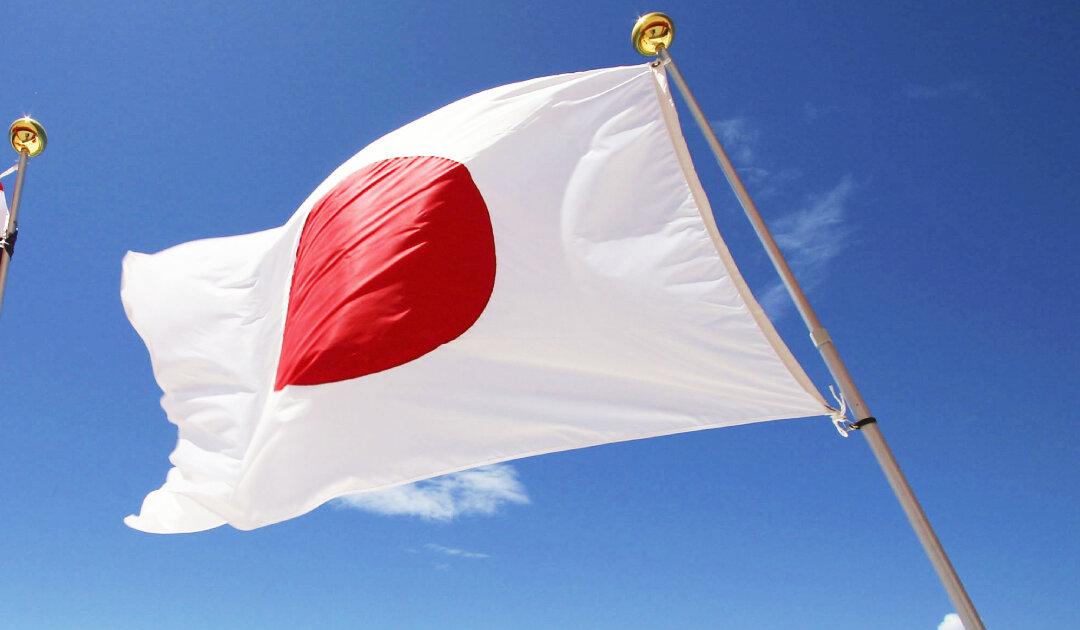Japan’s cabinet agreed on April 12 to freeze the assets of 398 Russian individuals, including two daughters of Russian President Vladimir Putin, as part of its new sanctions against Moscow over its invasion of Ukraine.
This round of sanctions includes freezing the assets of Putin’s daughters, Maria Vorontsova and Katerina Tikhonova, as well as those of Russian Foreign Minister Sergei Lavrov’s wife, bringing the total number of Russian individuals sanctioned by Japan to 499.





